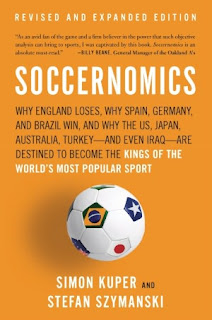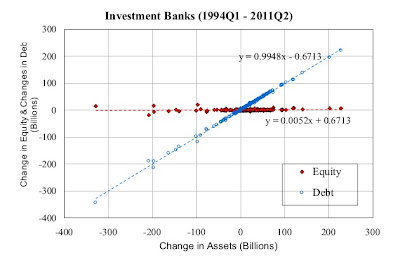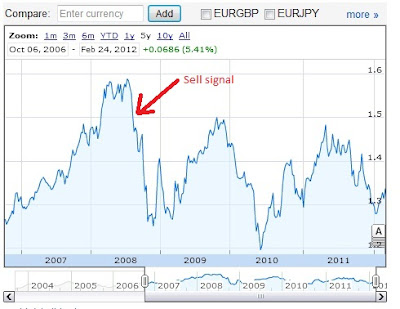French industry's competitiveness
The Gallois report about the French industry's competitiveness has just been made public (links here ) and received a lot of publicity from the French media. As a trained economist and French patriot, I was eager to read it. The author, a respected businessman - formerly head of aerospace giant EADS - describes rather briefly the declining state of the French industry over the last ten years, which accounted for 18% of GDP in 2000 and is now down to 12.5%. What are the causes of this decline? The author cites various causes, ranging from product quality, technology, labour flexibility, cost, competition, education and regulation. Standard economic theory says the government should increase labour flexibility, promote competition, support education and enact smart regulation. For example, the Porter Hypothesis (cf Ambec et al 2011 ) states that market-friendly environmental policy can enhance business competitiveness through innovation. What are the main propositions? Create...




